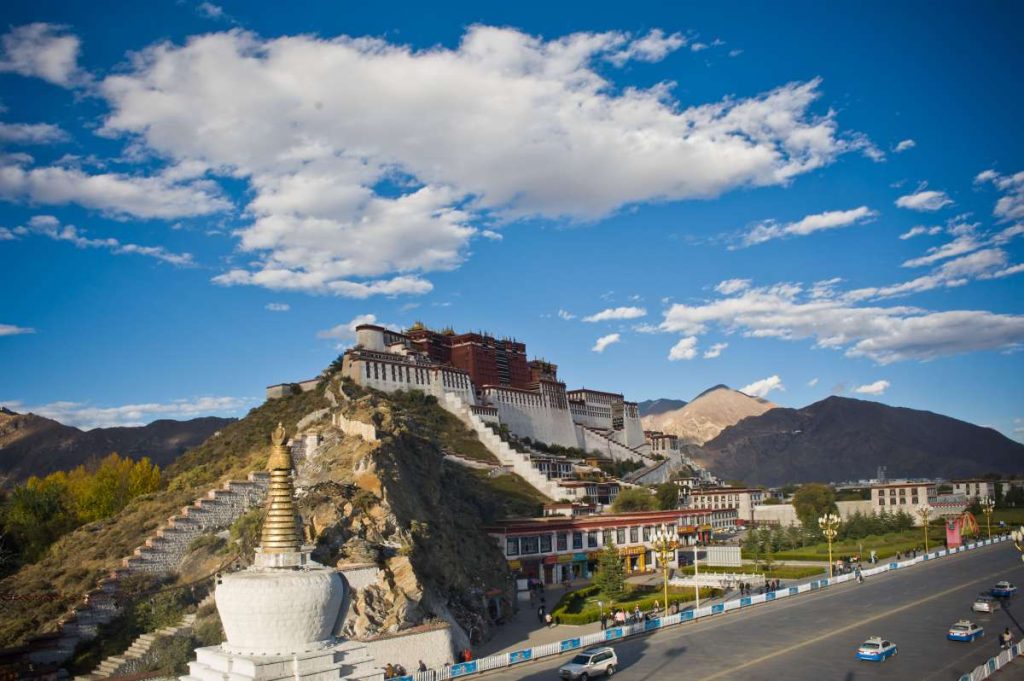The Special Rapporteurs also emphasized that Chinese authorities should provide adequate medical care and permit the Tibetans’ families to visit them…reports Asian Lite News
UN human rights experts have called on the Chinese government to provide information about nine Tibetans imprisoned for their peaceful efforts to protect Tibet’s environment, which is crucial to the entire region.
In a statement on Thursday, the three experts — the Special Rapporteur on the situation of human rights defenders; the Special Rapporteur on freedom of assembly and association; and the Special Rapporteur on human rights obligations relating to the enjoyment of a safe, clean, healthy and sustainable environment — admonished the Chinese government to provide details about the reason for detention and the health conditions of the nine Tibetans, all of whom were detained between 2010 and 2019.
The Special Rapporteurs also emphasized that Chinese authorities should provide adequate medical care and permit the Tibetans’ families to visit them.
They also stated that the lack of information shared by Chinese authorities could be interpreted as a “deliberate attempt” to hide the environmental defenders from global attention.

“We welcome the Special Rapporteurs’ forceful challenge to Chinese authorities’ persecution of environmental defenders,” said Kai Mueller, Executive Director of the International Campaign for Tibet Germany.
“China must reverse its dismal record and prove its claimed prioritization of environmental protection is more than a global smoke screen for unfettered exploitation of the Tibetan Plateau. It must prove that by releasing these nine activists and ending its broad persecution of Tibetan environmental defenders.”
Mueller added: “The international community should raise these cases of persecution during the upcoming Universal Periodic Review of China at the United Nations Human Rights Council early next year.”
The nine Tibetans identified in the release, Anya Sengdra, Dorjee Daktal, Kelsang Choklang, Dhongye, Rinchen Namdol, Tsultrim Gonpo, Jangchup Ngodup, Sogru Abhu and Namesy, were all detained after they protested illegal mining activities or exposed the poaching of endangered species.
While some were handed prison sentences of up to 11 years, the length of sentences imposed in six cases, namely against Dhongye, Rinchen Namdol, Tsultrim Gonpo, Jangchup Ngodup, Sogru Abhu and Namsey, have not been made public by the Chinese government.
As the UN experts underscored, the extent to which the imprisoned Tibetans had access to legal representation, and whether any of them have been provided with medical assistance while in prison, also remain unclear.
Over the last two decades, as the Chinese government has scaled up mining, damming, urbanisation projects and other infrastructure across Tibet, environmental defenders have faced mounting persecution for their efforts.














